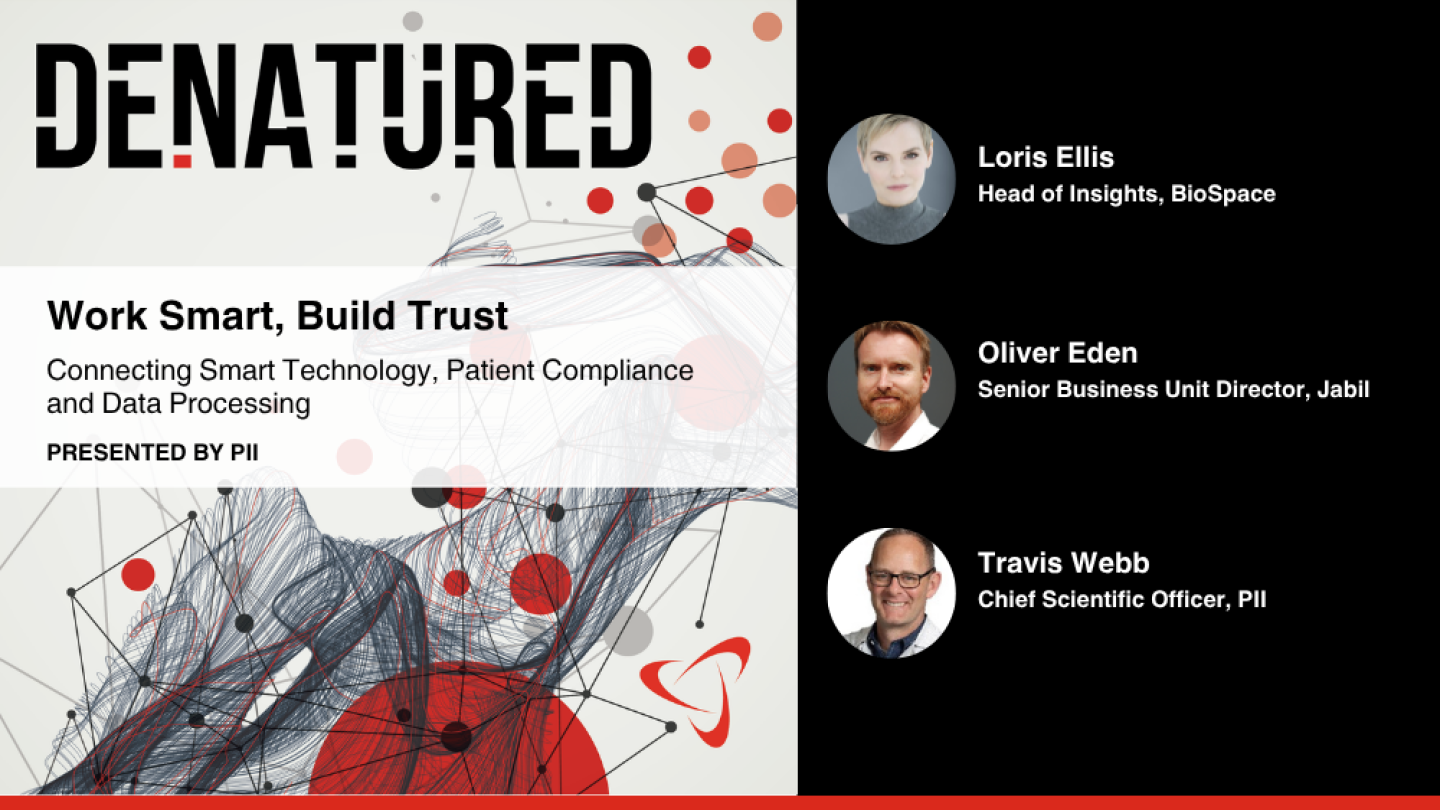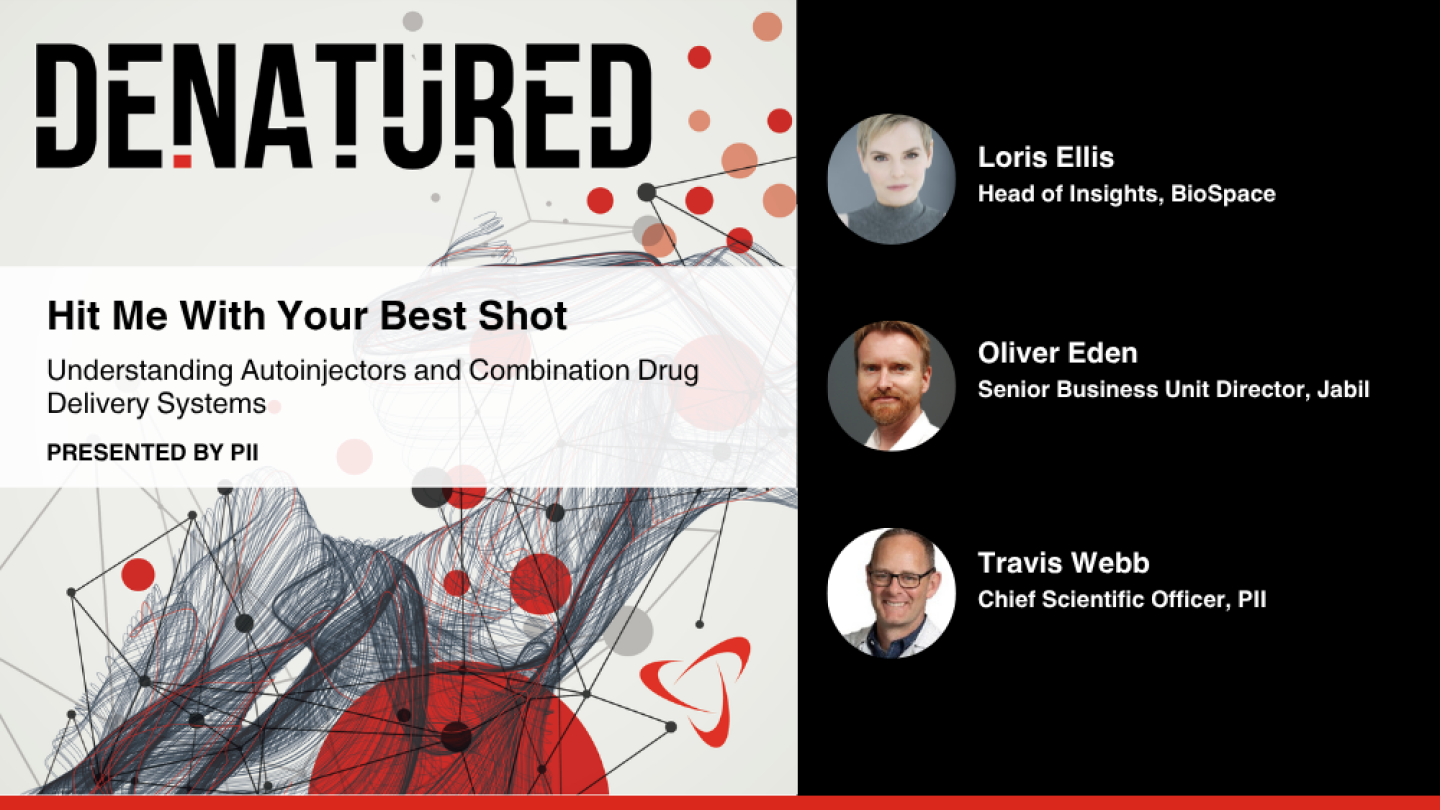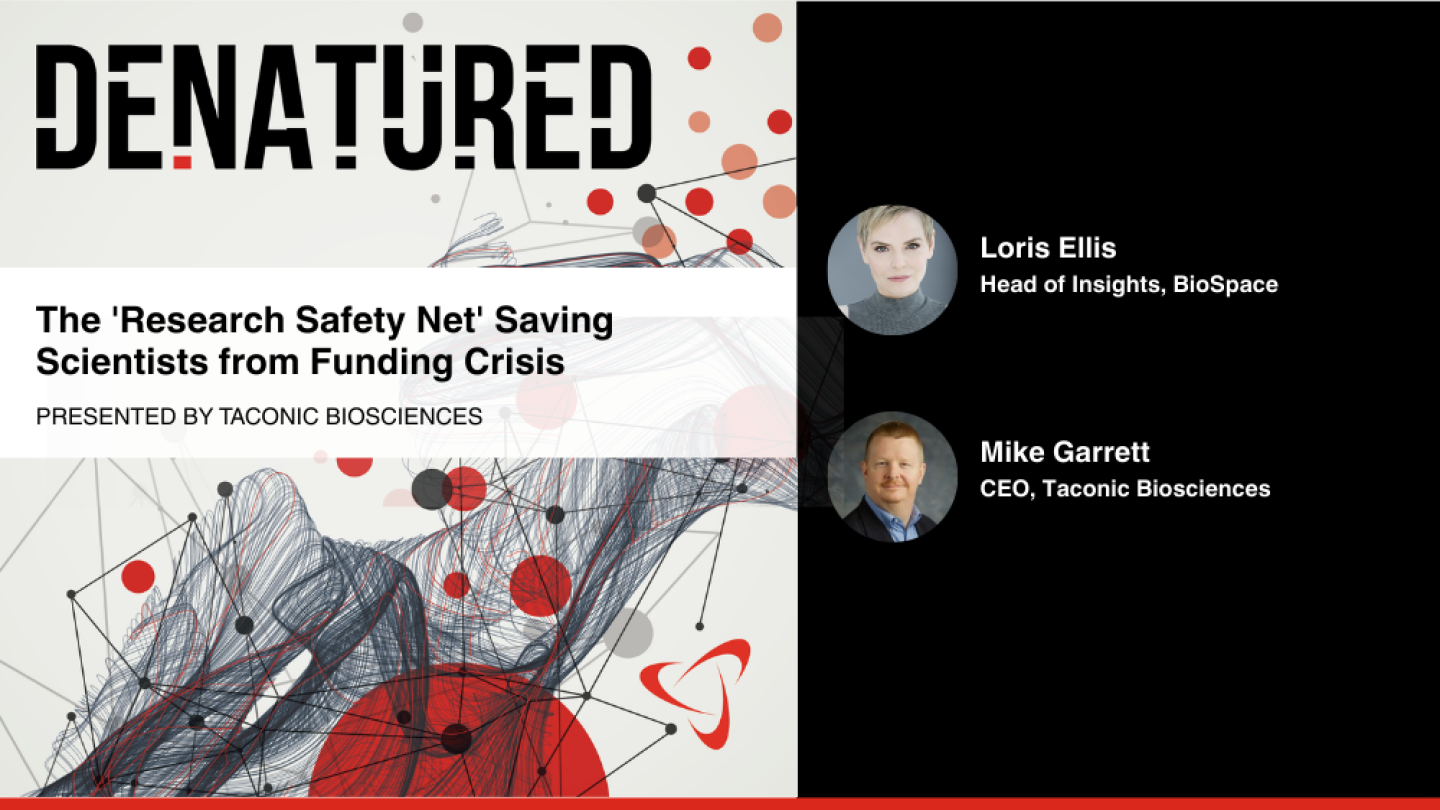Preclinical
In this episode of Denatured, Jennifer C. Smith-Parker speaks to Stacey Adam, PhD, Vice President of Science Partnerships at the Foundation for the National Institutes of Health and Patrick Smith, Senior Vice President, Translational Science at Certara, to discuss the latest regulatory news and the future for new approach methologies (NAMs) development.
A coordinated national effort is emerging to bring alternatives to animal testing into routine preclinical use, backed by a fresh FDA roadmap and a global coalition of scientific and industry partners.
In this episode presented by PII, BioSpace’s head of insights discusses how to relieve clinical trial patients of technological burden to improve compliance with guests Oliver Eden and Travis Webb.
Arena launched with $500 million in early 2024 to fund basic biological research, from which it planned to spin out dedicated companies to focus on drug development.
In this episode presented by PII, BioSpace’s head of insights discusses decentralized clinical studies and how connected technology can improve patient compliance with guests Oliver Eden and Travis Webb.
In this episode presented by PII, BioSpace’s head of insights discusses with guests Oliver Eden and Travis Webb how autoinjectors offer opportunities to improve delivery systems, patient compliance and clinical trial processes.
In this episode presented by Taconic Biosciences, BioSpace’s head of insights Lori Ellis discusses how preclinical research companies are helping drug developers navigate the current challenging funding environment with Mike Garrett, CEO.
The licensing deal follows years of controversy for Cassava, as well as the high-profile late-stage failure of its Alzheimer’s disease drug simufilam.
The Muna partnership will give GSK access to Muna’s MiND-MAP platform, which it will apply to postmortem brain samples to identify potential therapeutic targets for Alzheimer’s disease.
Novartis has disclosed roughly $19.4 billion in deals in the past five years. CEO Vas Narasimhan says there’s more to come.
PRESS RELEASES










